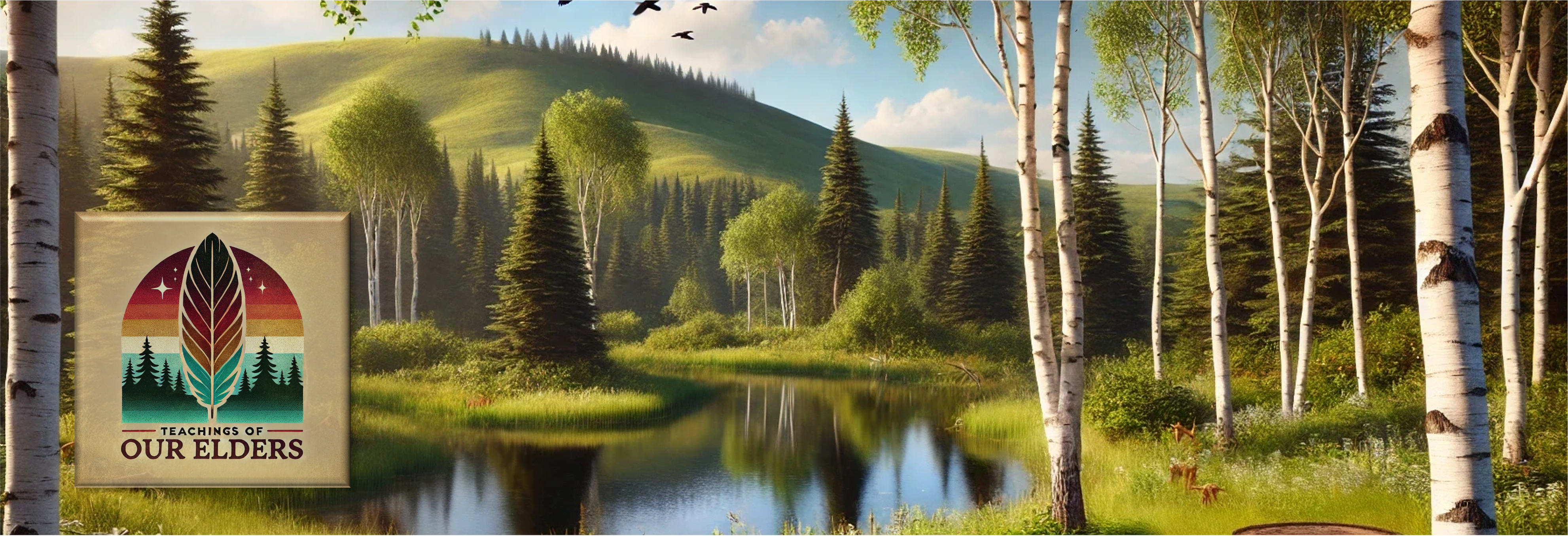| Inquiry Design Model (IDM) Blueprint™ |
| What’s So Funny? |
| NDNAEU 2 “Learning & Storytelling”, NDNAEU 4 “Sense of Humor” |
| Compelling Question | Does our heritage and upbringing make a difference in things we find funny? Is humor the same world-wide? Can things we find funny be offensive elsewhere? |
| Standards and Practices | Comprehension and Collaboration (K-5) (6-8) SL.1 K, 6 Participate in collaborative conversations with diverse partners about kindergarten topics and texts with peers and adults in small and larger groups. a. Follow agreed upon rules for discussions (e.g., listening to others and taking turns speaking about the topics and texts under discussion). b. Continue a conversation through multiple exchanges. Engage effectively in a range of collaborative discussions (one-on-one, in groups, and teacher-led) with diverse partners on grade 4 topics and texts, building on others’ ideas and expressing their own clearly. SL.1 1,7 a. Come to discussions prepared, having read or studied required material; explicitly draw on that preparation and other information known about the topic to explore ideas under discussion. b. Follow agreed-upon rules for discussions and carry out assigned roles. c. Pose and respond to specific questions to clarify or follow up on information, and make comments that contribute to the discussion and link to the remarks of others. d. Review the key ideas expressed and explain their own ideas and understanding in light of the discussion. Participate in collaborative conversations with diverse partners about grade 2 topics and texts with peers and adults in small and larger groups. SL.1 2, 8 a. Follow agreed upon rules for discussions (e.g., gaining the floor in respectful ways, listening to others with care, speaking one at a time about the topics and texts under discussion). b. Build on others’ talk in conversations by linking their comments to the remarks of others. c. Ask for clarification and further explanation as needed about the topics and texts under discussion. |
| Staging the Question | Is humor medicine for the soul? |
| Supporting Question 1 | Supporting Question 2 | Supporting Question 3 |
| Why are some jokes funnier when told in traditional Native languages, and not as funny when translated? | What happens when jokes are translated? | What does the quote “Laughter is medicine for the soul” mean? |
| Formative Performance Task | Formative Performance Task | Formative Performance Task |
| Students will find jokes, memes and stories in English online (appropriate for school) and bring them to class. Students will share their jokes and memes or stories in class. Does everyone find the joke funny? If not, why? | Students will watch the videos of Martha Bird Bear and Mary Gachupin and listen to the jokes and stories in Hidatsa and in English. Follow with conversation about how the stories lose some of the description and “flavor” when they are translated. Talk about the value of the language. | Students will watch the videos listed below of elders telling funny stories. Some of them are about very difficult experiences, yet the elders used humor to help feel better about it. Talk about the role of humor in dealing with difficult situations. How does laughter become “medicine” for the soul? |
| Featured Sources | Featured Sources | Featured Sources |
| Iktomi Stories https://www.manataka.org/page146.html Students can also use the internet to find jokes and memes to share in class. | Videos of Martha Bird Bear and Mary Gachupin telling jokes in Hidatsa and English. Martha Bird Bear: https://teachingsofourelders.org/lifesavers-martha-bird-bear-ndnaeu-4-7/ Mary Gachupin: https://teachingsofourelders.org/ndnaeu-2-4-sledding-lessons-mary-gachupin/ | https://teachingsofourelders.org/lye-soap-oliver-gourd/ https://teachingsofourelders.org/rabbit-turtle-story-catherine-howard/ https://teachingsofourelders.org/essential-understanding-4-kathryn-froelich/ |
| SUMMATIVE PERFORMANCE TASK: Supported Claim (written/spoken) or Demonstration of Process (project-based) | Have students talk to an elder they trust and feel comfortable being with like friends and tell each other jokes or funny stories. How do they feel after laughing together? Are their spirits lifted? Do they feel happy? Students will then take a stand on whether or not laughter and humor are truly medicine for the soul. Have a class conversation about it. |
| SUMMATIVE PERFORMANCE TASK: Extension | Have students create a funny joke of their own using descriptive language. Share them with family and friends. |
| Taking Informed Action / Real World Application | Students will practice telling jokes and sharing stories with their family and friends to get used to telling stories. |

